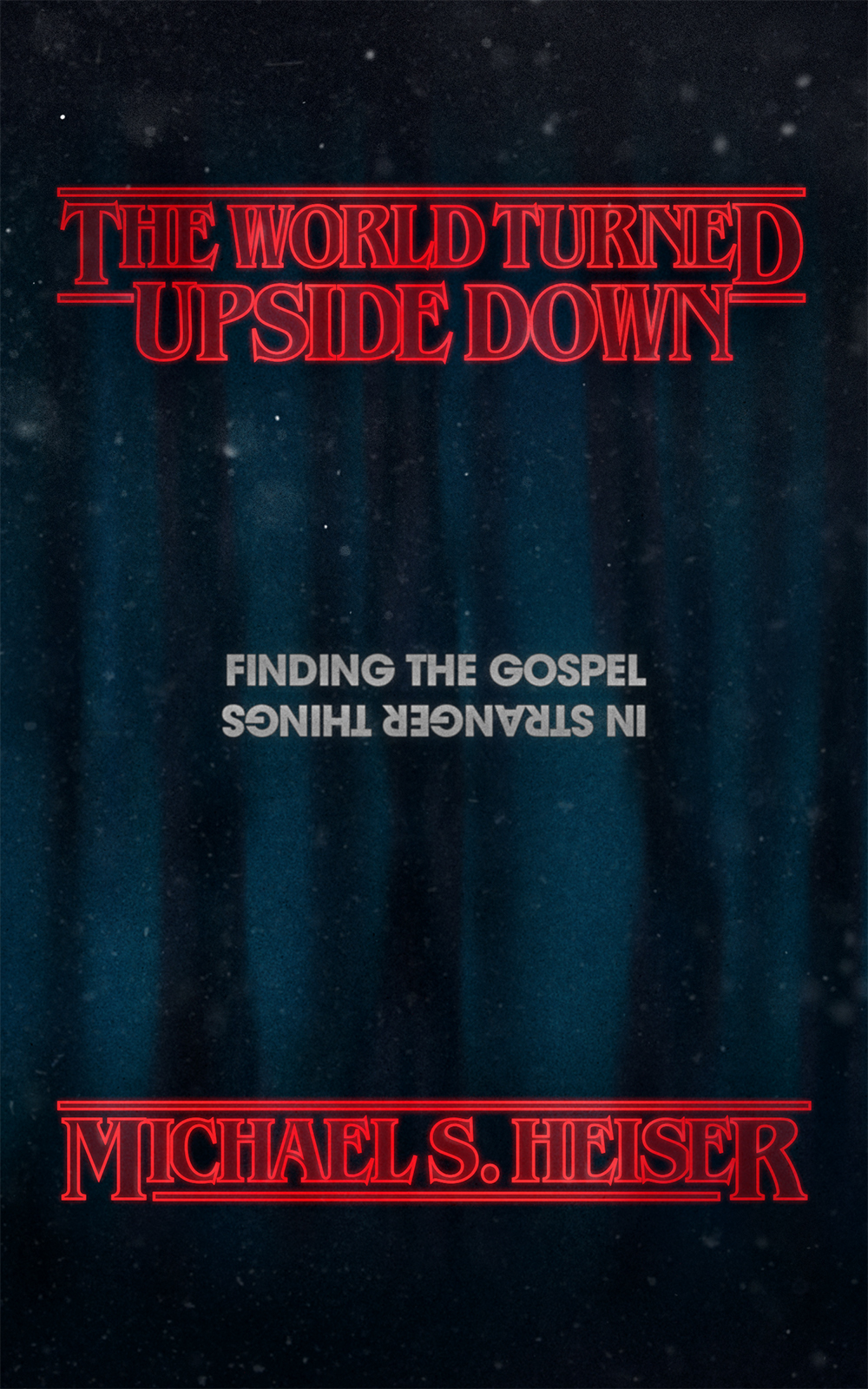Many people can recite John 3:16, but how many know what John 3:14–15 says? Jesus’ words in these two verses have generated confusion and controversy: “And as Moses lifted up the serpent in the wilderness, so must the Son of Man be lifted up, that whoever believes in him may have eternal life.”
John 3:15 presents no problem; it declares the gospel—that Jesus, the Son of Man in this passage, is the true object of faith for all who would have eternal life. The difficulty lies in verse 14, where Jesus compares His destiny on the cross to a serpent “lifted up” in the wilderness.
In this analogy, Jesus draws on Numbers 21:4–9, one of many incidents in which the Israelites complained about their circumstances on their journey to the promised land. God punished their impatience and lack of faith by sending venomous “fiery serpents” into the camp (Num 21:6).
After many fatalities, the people begged Moses to intercede with God on their behalf. God relented and instructed Moses to make a bronze serpent and set it on a pole. Anyone bitten by a serpent would be healed by gazing at the bronze serpent.
Although the parallel between the serpent on the pole and Jesus on the cross is apparent, the incident raises questions. Why didn’t God heal the people directly? Was the bronze serpent an idol, and thus a violation of the second commandment? Wouldn’t the Israelites have recoiled at the association of healing with a serpent?
Not Out of Eden
We might incorrectly link the serpent on the pole (Num 21) and the serpent in the garden (Gen 3), but the only similarity between these two passages is the word “serpent” (נחש, nachash). The nachash of Genesis 3 is a figure acting independently of—and in opposition to—the will of God. In Numbers 21 the biting serpents are God’s instrument of judgment for sin, and the nachash on the pole is God’s instrument of healing for those punished for sin.
Maybe Magic
In part the answer to “why a serpent?” is found in the ancient practice of sympathetic magic—the idea that a person afflicted by an object can be cured or delivered by an image of that same object. In the absence of sophisticated medical knowledge, ancient cultures sought cures for physical ailments or perceived curses by such means. We can find several examples of this ancient medical approach in other places in the Old Testament.
For example, the Philistines fashioned five golden objects that corresponded to an affliction Yahweh sent upon their cities (1 Sam 6:5–18). Both Moses and Elisha purified drinking water by using elements that would otherwise taint it (Exod 15:25; 2 Kgs 2:21). Elisha received no instruction from God to proceed as he did, and so he apparently believed God would empower the gesture. In Numbers 21 God makes use of this familiar cultural idea to communicate an offer of divine deliverance to the Israelites.
Also Symbolism
God’s use of serpent symbolism for healing was appropriate for other reasons. Israelites, like other Semitic peoples, associated serpents with life and healing. Snakes were thought to have regenerative healing powers because they shed their skin. Serpent images were a common motif in ancient Near Eastern art. Storage jars often included serpent imagery—perhaps to ward off theft or spoilage. The Greek god of healing, Asclepius, was depicted as a snake. The rod of Asclepius, a staff entwined by a snake, is still a symbol for medicine and healing today. Here, Yahweh uses this imagery to proclaim His sovereignty over other gods.
Aside from their association with healing, serpents were familiar symbols of protection. Consider ancient Egypt, where the snake is an ever-present symbol. The uraeus serpent on the crown of the pharaoh was thought to render him immune from harm and enable him to heal. Other serpent icons served as divine guardians. The confrontation between Moses and Pharaoh, in which the serpent of God devoured the Egyptians’ serpents, sent a powerful theological message about the superiority of Yahweh (Exod 7:8–13). Yahweh—not Pharaoh—had power over the natural and divine worlds and the authority to dispense or withhold judgment or mercy.
He was truly God; Pharaoh was an amateur magician.
Some of these messages are conveyed in both Numbers 21 and John 3:14–15. First, Yahweh was not a God with which to trifle. He could punish faithlessness by commanding the forces of nature—sending venomous serpents against the Israelites. But He also had the power to reverse the effects, offering His divine healing through a bronze serpent. Healing came with one condition: The Israelites had to exercise faith in the offer.
Jesus’ use of this test of the “obedience of faith” creates a fitting analogy to His own destiny. Death, the natural world’s most consuming force, would be reversed for all who looked to Jesus, raised up on the pole of the cross—if only the afflicted would believe.
***
This article is excerpted from Dr. Michael Heiser’s book I Dare You Not to Bore Me with the Bible.
Books by the author
The Unseen Realm: Recovering the Supernatural Worldview of the Bible
Regular price: $17.99

The World Turned Upside Down: Finding the Gospel in Stranger Things
Regular price: $8.99

Supernatural: What the Bible Teaches about the Unseen World—And Why It Matters
Regular price:






